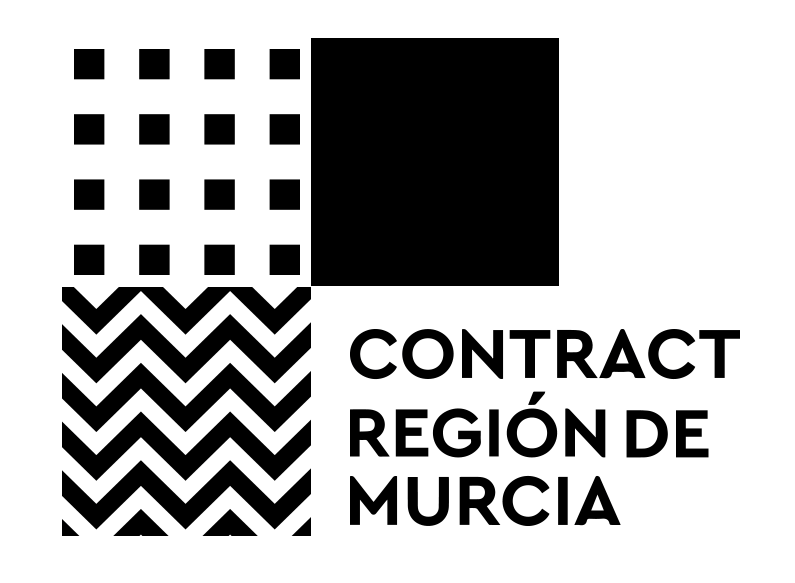
David del Valle: “Debemos producir no solo lo que pide el mercado, sino lo que mejora el entorno”
David del Valle: “We must produce not only what the market demands, but also what improves the environment”.
January 04/2021
The Colombian designer, whose work has been on display at the world’s leading fairs, is now preparing his collaboration with an outdoor furniture manufacturer from Murcia.
His Barichara stone table, sourced from the Colombian mines, could be the icon of resilience the world needs in order to arm wrestling with this pandemic and the challenges ahead. The hardness of this sandstone, its natural grain that reconnects with the Earth and its circular forceful fluidity, seem like the ideal travel companions for the resurgence of the Contract industry through the vision of design and its expertise in providing solutions. David del Valle (Medellín, 1988) foresees “a giant growth in tourism”, on which the reactivation of the Murcian furniture industry depends on a large extent in its international aspect.
The Colombian designer has displayed his creations at fairs around the world, from Milan to Manhattan, without breaking ties with the roots of Colombian crafts. From his studio, Tu Taller Design, he illuminates pieces stripped of pretentiousness, and he is committed to collaborate with “respectful, open-minded, fun and helpful” firms. In this time of expectations, he is preparing his next collaboration with a Murcian manufacturer of outdoor furniture.
How has the pandemic changed your working methods and your design vision? Has it led you to rethink many concepts that you previously believed to be firm?
The pandemic has changed the perspective of the people who inhabit this world, it is incredible that they made the vast majority of us realize that the most important thing in life is our own health and everyone else’s health. We are finally beginning to recognize how simple and valuable it is to be able to hug or see our loved ones. Of course this has changed the way I work and how I make certain decisions.
Prior to the pandemic, it was impossible for me to think that we could work outside of the studio, that online work did not apply to design companies like us and that we were going to lower the level of the work we had been doing but, on the contrary, I got to know my team and their level of commitment to the company with the aim of making it grow.
Of course this made me rethink some thoughts that I had before about this, and also realize that 100% ‘online’ is not the best, that the study is also a fundamental place for the development of the vision and DNA of the brand. It is just that you can be more flexible when it comes to executing it but more demanding when it comes to materializing it.
A concept that I reinforced is that, more often, spaces and furniture that are coherent with the lifestyle we lead, are needed. At a global level, working at home will continue to grow and we have been working for a few years to develop the ideal products in order to live in the present, as we call it, “partakers of the good moments in life.” Our objects are like an avatar that help to develop functions with a minimal and honest aesthetic. These objects are increasingly necessary in homes and, in the end, the pandemic showed that home is the most important refuge.
What concepts you do not give up because they are part of your DNA?
I have not given up working with artisan communities, whose arts and crafts help to give identity and symbolism to our work. I renounce the fact of never interacting with these communities again or to respect their way of seeing the world and events according to the pandemic.
How do factors such as climate change, the emergence of technology or the need to return to nature influence your creation?
The influence is direct. We will no longer work with woods which do not meet the certification of responsible use or that do not reforest. We do not receive requests from companies that pollute the environment. We want to work with companies that support a clean and circular economy.
We are currently developing products in biomaterials, 100% recyclable or reusable. We know it will be a long process, but we are already starting it.
The architect Arata Isozaki (Pritzker Prize 2019) ensures that buildings, in addition to being functional and sustainable, must respond to their place and time. How will the new stage be?
Arata defines it well within context, but it depends on the factors attacking that context, not just the pandemic. Due to the pandemic, I am sure that the buildings and spaces will be more spacious, ventilated, taller, with materials and a sustainable vision, with project managers and structurers who are not only looking for the extra enrichment of the building, but also what is going to contribute positively to the environment. I’m sure a clearer society is coming, and the pandemic will help reinforce this thought.
Are you already integrating the concepts installed with the epidemic into your designs: the ‘non touch’ elements, technology integrated into the furniture, sensors, durable materials …?
We have been doing it for at least three years. We use Corian surfaces that charge cell phones, cell phone drawer opening systems and solar energy. Incredibly, this is an old technology so to speak, but people are more and more interested in acquiring them and, therefore, the prices go down and they become more affordable. I agree with implementing them on a day-to-day basis, urban spaces are getting bigger and bigger and excess contact with devices should go ‘non touch’ due to asepsis and dynamics.
Your study Tu Taller Design has not stopped during the course of the pandemic, do you think that the tourism industry and hotel projects will recover their pulse quickly in 2021?
We have not stopped because we are preparing with our investors for what is coming. In fact, from another perspective, stopping was good to be able to develop a product that is not so ‘fast track’, since in the dynamics of day to day not many companies are willing to wait and offer an excellent product and arrive at the unique and differentiating details , but I foresee a giant growth in tourism. At least I am sure that in Medellín, my city, this is going up.
Do you recommend a more resilient, timeless and versatile design strategy for furniture companies, giving them a stronger position in international markets?
The strategy should not be focused on wanting to hide the reality of what happened and do the same thing again, pretending that nothing is happening anymore. This pandemic showed us how weak we are, how unstable big companies and governments can be, how little educated we are about it.
What I recommend is for everyone to put down their weapons and begin to do not only what the market demands, but what we really must do to improve our environment, our community and educate through good practices.
I don’t see myself in the position of giving an efficient business strategy, but rather an opinion in the face of reality and, as a consumer, right now, I only want to support companies that make good things grow and that are aware of the world we live in.
To what extent are you involved with the manufacturer in the process of producing and marketing the product? What is your ideal collaboration formula?
I get involved 360 degrees and 100 percent. I like to let the manufacturer know that since he wants to win and I want that too, it will be on different scales, but we must all win. So I support not only with the service but with the commercialization and validation in the market, also offering it from my digital and physical sales platforms. I am a client and employee, and I like to work this way and be demanding in order to improve the product and service over time. It is a formula in which we all risk, invest and are part of the success of the exercise.
What requirements must a company meet to establish a productive collaboration?
Be open-minded, quick to answer, with a desire to be the best company in the industry, respectful in all respects, fun and, most importantly, helpful. A company which appreciates the value and importance of being a good server.
How should that collaboration and the teams work to create true market value?
Telling the truth and making it real is the only thing that makes a collaboration work with a sublime aim to make the other one grow, and not just think about the dividends of the collaboration. The goal must be bilateral to make the other one grow.
Are you going to collaborate with a Spanish firm?
A couple of years ago I made a collaboration with the Faberin company from Murcia, this was along with Bellon Alfareros. I am currently in contact with an outdoor furniture firm in Murcia, same region. I am very committed to this idea of collaborating with companies in Spain. My contact is available.
Is ‘Tropicalizing’ the essential product for Spanish manufacturers to open market share in the American Contract? What qualities should incorporate that design?
The design must understand the context. America is a very diverse continent, from the graphic to the physical. This means a reading challenge, but it does not mean that companies have to do everything by themselves, because within these countries of the Americas there are designers with whom they can collaborate to minimize risks of reading and acceptance.
It is about creating value from the entrance, and not only in aesthetic and functional details, but in real reading of purpose. Surely, the beginning will be a long process, but once established, with market acceptance, they can continue for a long time. Knowing how to present yourself and have a product that speaks for itself is essential.
TO KNOW MORE…
– ABOUT DAVID DEL VALLE. His iconic pieces, his principles of creation, his history, shop and commercial projection are better known through the website of his studio, TU TALLER DESIGN .
– THE MURCIA CONTRACT CHANNEL . The Contract platform is an international showcase for Murcian producers. It generates synergies between companies, architects, interior designers, promoters and project executors. Follow on the web their schedule of meetings, appointments ‘online’ and the news of the industry.


